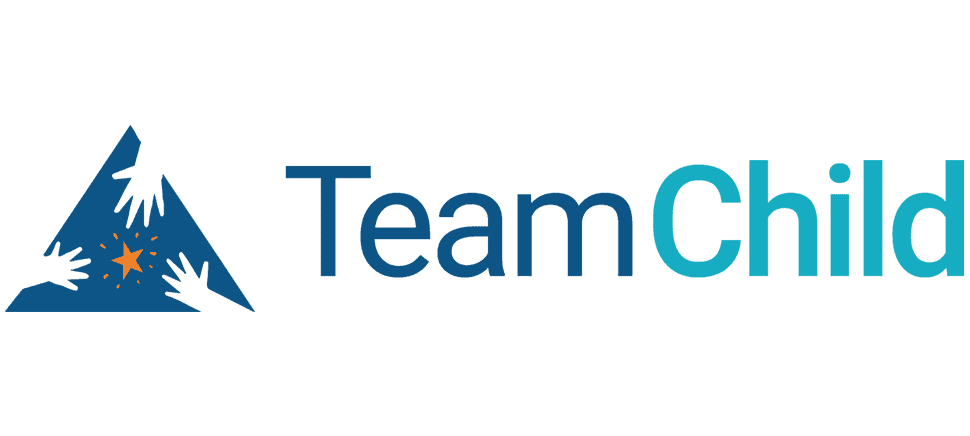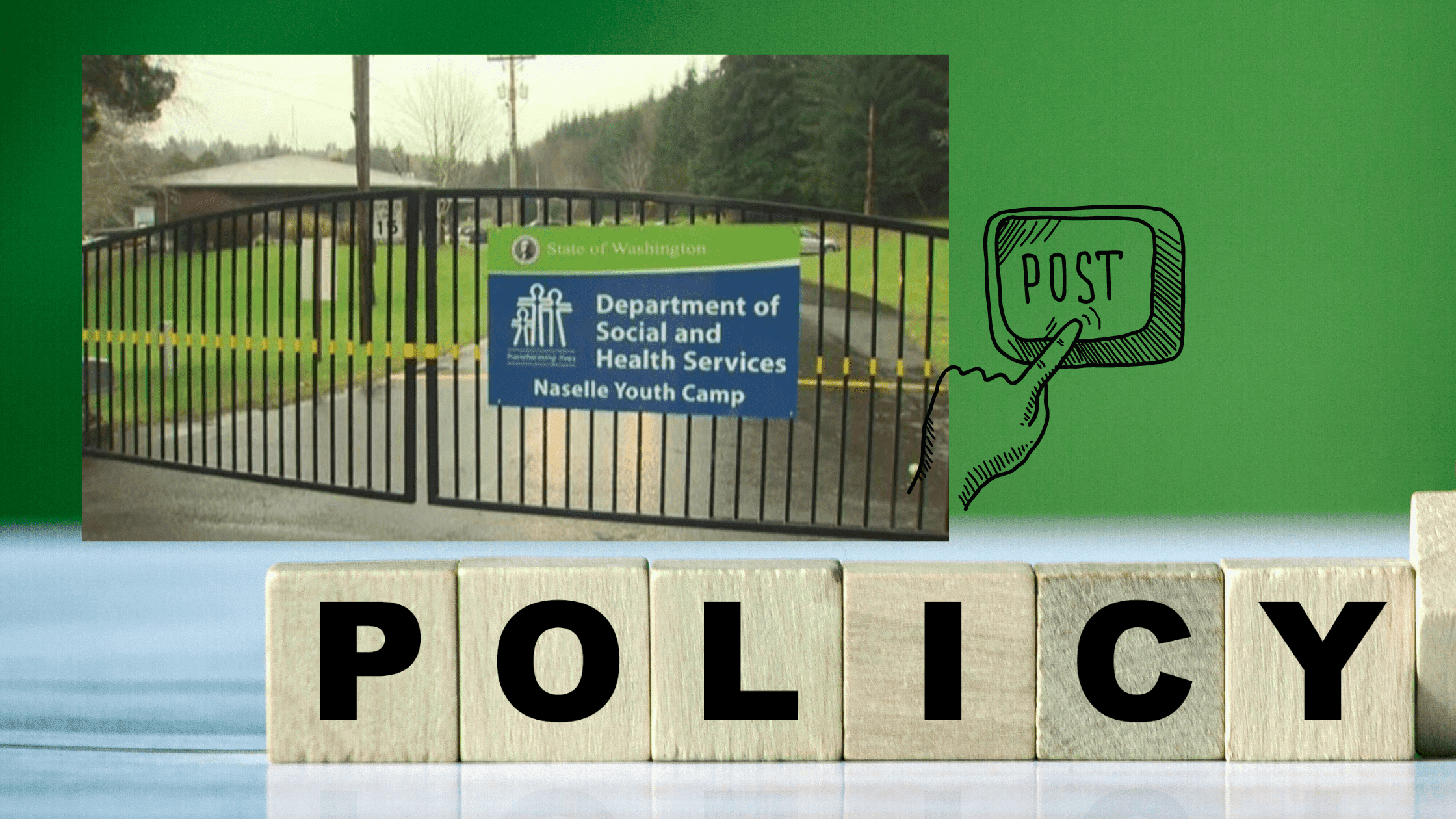Closing Naselle Youth Camp – a look at TeamChild’s approach to policy
As TeamChild moves into our second year of supporting a policy team, we have given a lot of thought to how we make policy decisions. We work to center our anti-racism principals in all of our decisions, especially policy decisions that are intended to improve the experiences of youth who are impacted by incarceration, court systems, and other oppressive systems. This can be a challenge, as the legislative process can also be oppressive and center white supremacy cultural norms, as do non-profits and law firms like ours.
We acknowledge that as a law firm and a non-profit, we can be gatekeepers in ways that are harmful. Gatekeeping means that we have access to power (lawmakers, judges, prosecuting attorneys, state agency administrators, law firms, and others in positional authority). Gatekeeping can sometimes also mean that we think we have better ideas or answers because we have law degrees. To do meaningful anti-racist policy work, we have to check these gatekeeping habits.
Some of the principles we are developing to help us work towards anti-racist actions include practicing transparency. This means that we share with all of our staff, with youth we work with, and community we work in partnership with, our thinking, our ideas, our strategies, and remain open to input and direction to make sure our ideas and plans align with what youth and community need and want. Transparency helps to mitigate gatekeeping behaviors that can maintain power structures that reinforce positional authority over centering those who will be most impacted by any decision or action.
We also align our policy objectives to our mission statement, and our broad impact goals. Some of these impact goals for the past few years have included:
- Decriminalization, decarceration, and abolition;
- Expanding and investing in community-led and community-based alternatives and resources;
- Increasing equitable access to education, healthcare, and housing supports; and
- Shifting power and repairing harm in Black, Indigenous, and other communities of color.
When we make decisions about whether to support a specific policy, legislative bill, funding decision, or other systemic action, we try to apply these impact goals to our analysis. TeamChild applied this practice recently when deciding what position to take regarding the closure of the DCYF Juvenile Rehabilitation facility called Naselle Youth Camp, which is a medium security youth prison.
At first, closing a prison seemed to be the right decision and something aligned with our decarceration goals. But we recognized that the decision to close Naselle had not included any input from youth and families who would be most impacted. That included youth who would be sent to Naselle, because they were assessed as needing “medium security” but now will be sent to Green Hill School, a maximum security prison, because it’s the only option left for older male youth. Closing a prison seems good. Sending a youth to a maximum security prison when that has not been assessed as needed is harmful. TeamChild reached out to families impacted by this decision, consulted with youth who are currently in Naselle, as well as other JR facilities, and came to a conclusion that we hope aligns best with our mission and goals.
Read our policy position on Naselle’s closing HERE.
Now that the decision to close Naselle (by June 2023) is official, we have ongoing work to do with community and youth to make sure that other policies, supports, and services are in place to make sure youth who might otherwise have been at Naselle, have access to a plan that best meets their needs while minimizing harm to them and all youth. For a look at a nation-wide effort to end youth incarceration, visit the website for No Kids in Prison. Follow @teamchild on social media and watch for updates to learn how you can be more involved in this work at the local level.



